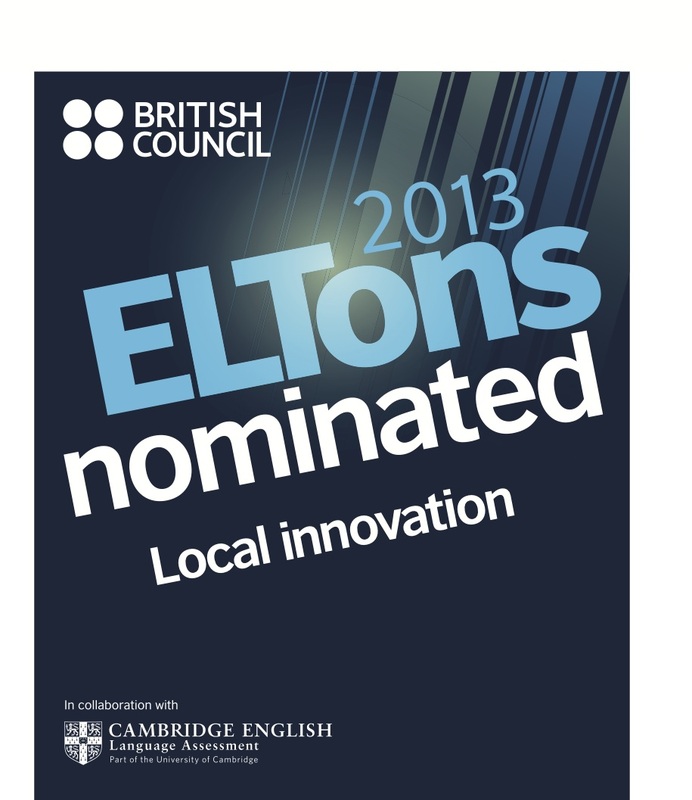In quest for an answer to this question, Gee (2013) states that “schools treat memory as a bank that can be filled with accurate information” (p. 27). In his book Pedagogy of the Oppressed, Freire (1970/2003) defines this type of education as “an act of depositing, in which the students are the depositories and the teacher is the depositor. Instead of communicating, the teacher issues communiqués and makes deposits which the students patiently receive, memorize, and repeat” (p. 72). This type of system does not give chance to students to critically evaluate the world in which they live, in turn; they lose the opportunity to better their lives by making changes. Yet, critical thinking stimulates creativity and consciousness toward the problems and situations faced in our lives. That’s why, teachers should give importance to critical thinking by preparing the environment for such a dialogue to occur. In other words, teachers should allow students to ask questions. In this way, students can make connections between society and education. This process, which Gee calls as “the circuit of reflective action” and Freire calls as “praxis”, is defined as “reflection and action upon the world in order to transform it” (Freire, 1970/2003, p. 51). With such a dialogue, it is obvious that our students and citizens will be more critical about the decisions that are made on their behalf. Because if they get this consciousness, they will feel free to state their ideas about anything and will be able to offer alternatives to “frozen solutions” which are offered by institutions that are defined as “frozen thought” (Gee, 2013, p. 85). This will also lead to a decrease in the habit of making certain ideas prominent in the society; as a result, people will not be informed about what constitutes proper ways of thinking as they will actively “think about, reflect on, and make new decisions about institutionally frozen solutions” (Gee, 2013, p. 89). This will then help us to deal with complexity that we face in our lives since critical thinking respects the individual and the social context that she comes from and does not derive from ideas given status by dominant powers in society.
All in all, educational institutions should be socially constructed in order to meet the basic demands of society. Teachers are the ones who can change today’s society and educators of adults are the ones who can encourage adults to take action in regard to their own lives because education is not banking; education is getting freedom to tell anything about our own lives. This is the only way that education can guarantee a good society.
REFERENCES
Freire, P. (2003). Pedagogy of the Oppressed (30th ed.). (M. B. Ramos, Trans.). New York: Continuum. (Original work was published 1970).
Gee, P. J. (2013). The Anti-Education Era: Creating Smarter Students through Digital Learning (1st ed.). New York: Palgrave/Macmillan.

 RSS Feed
RSS Feed
